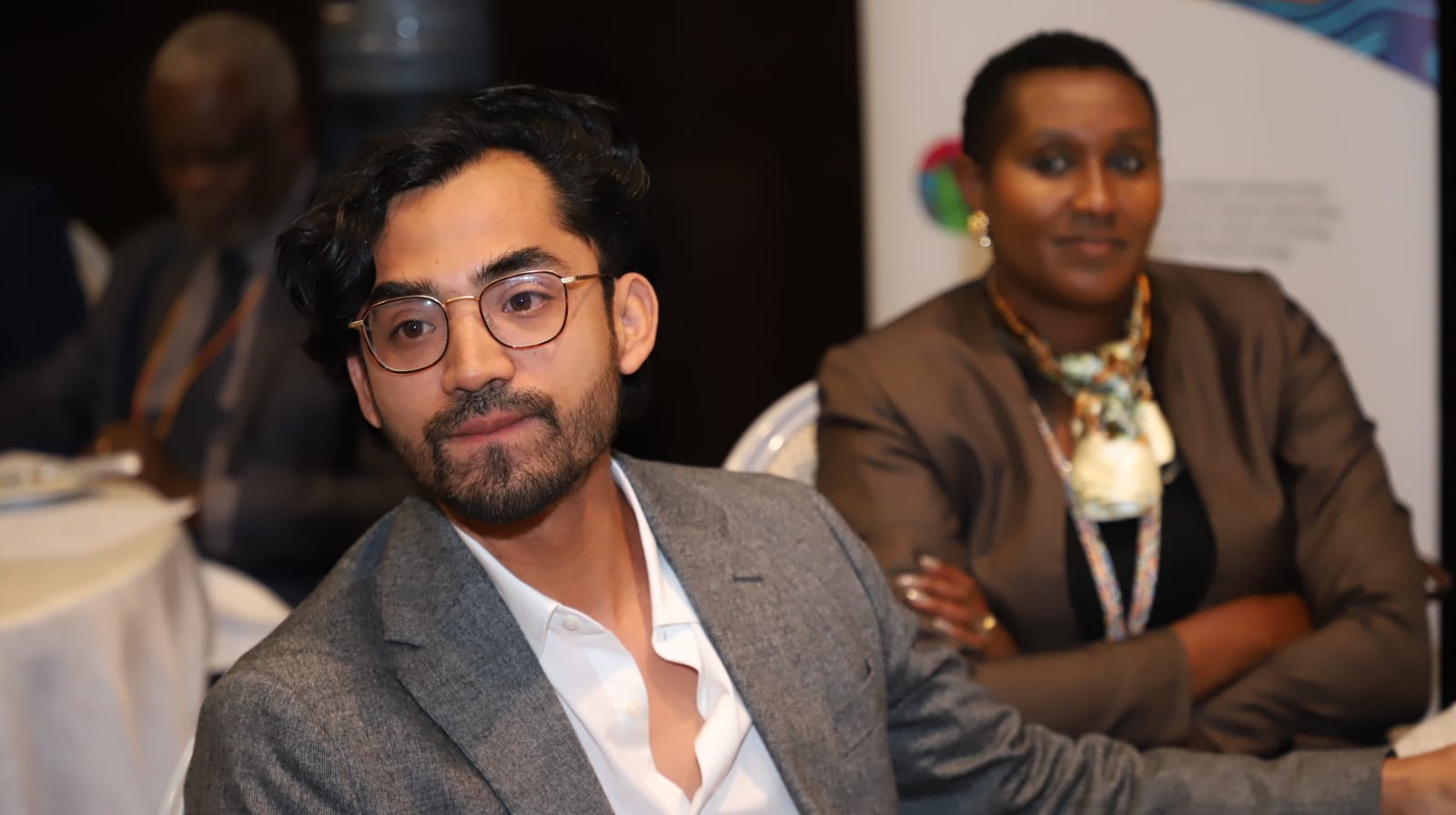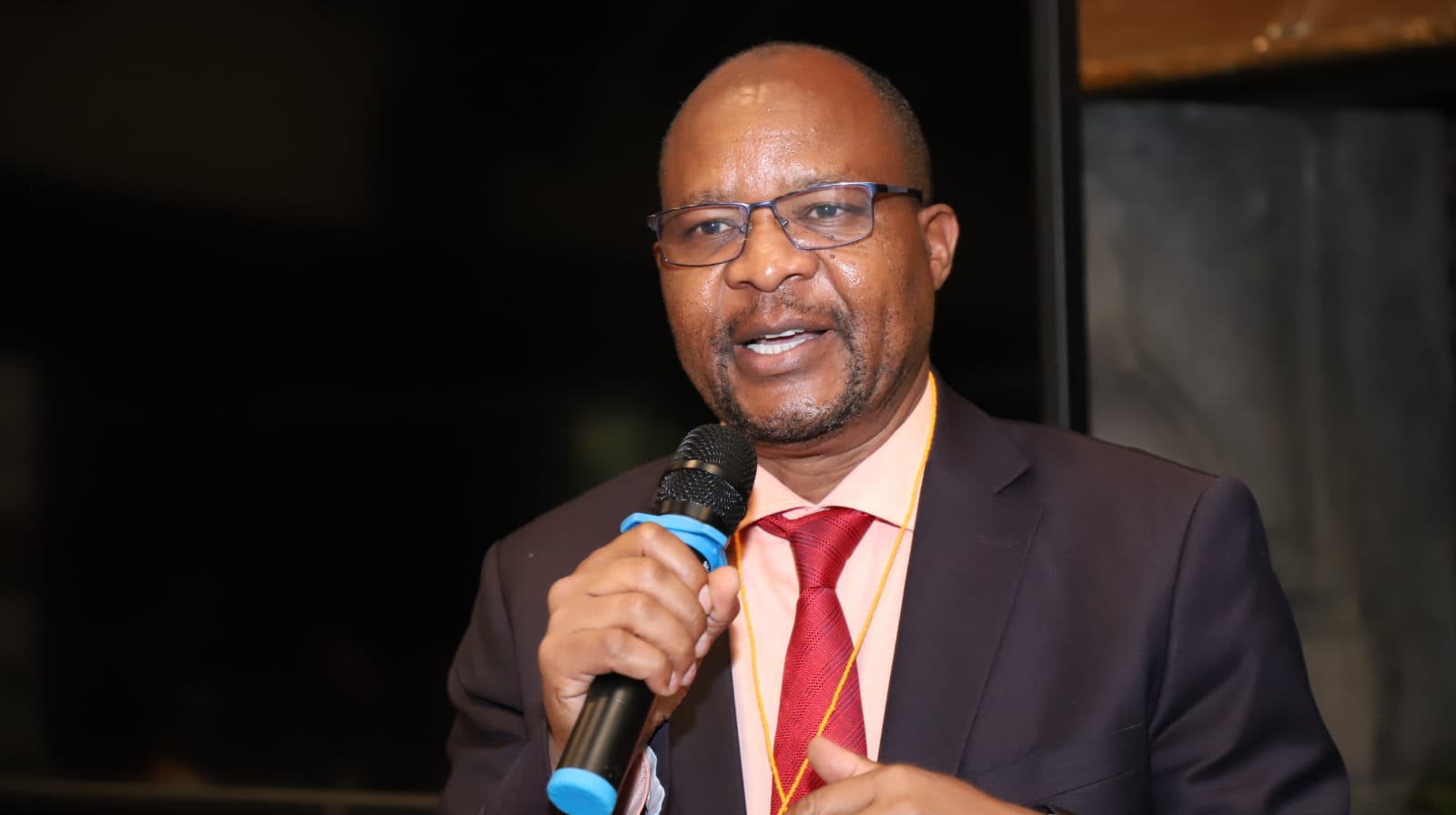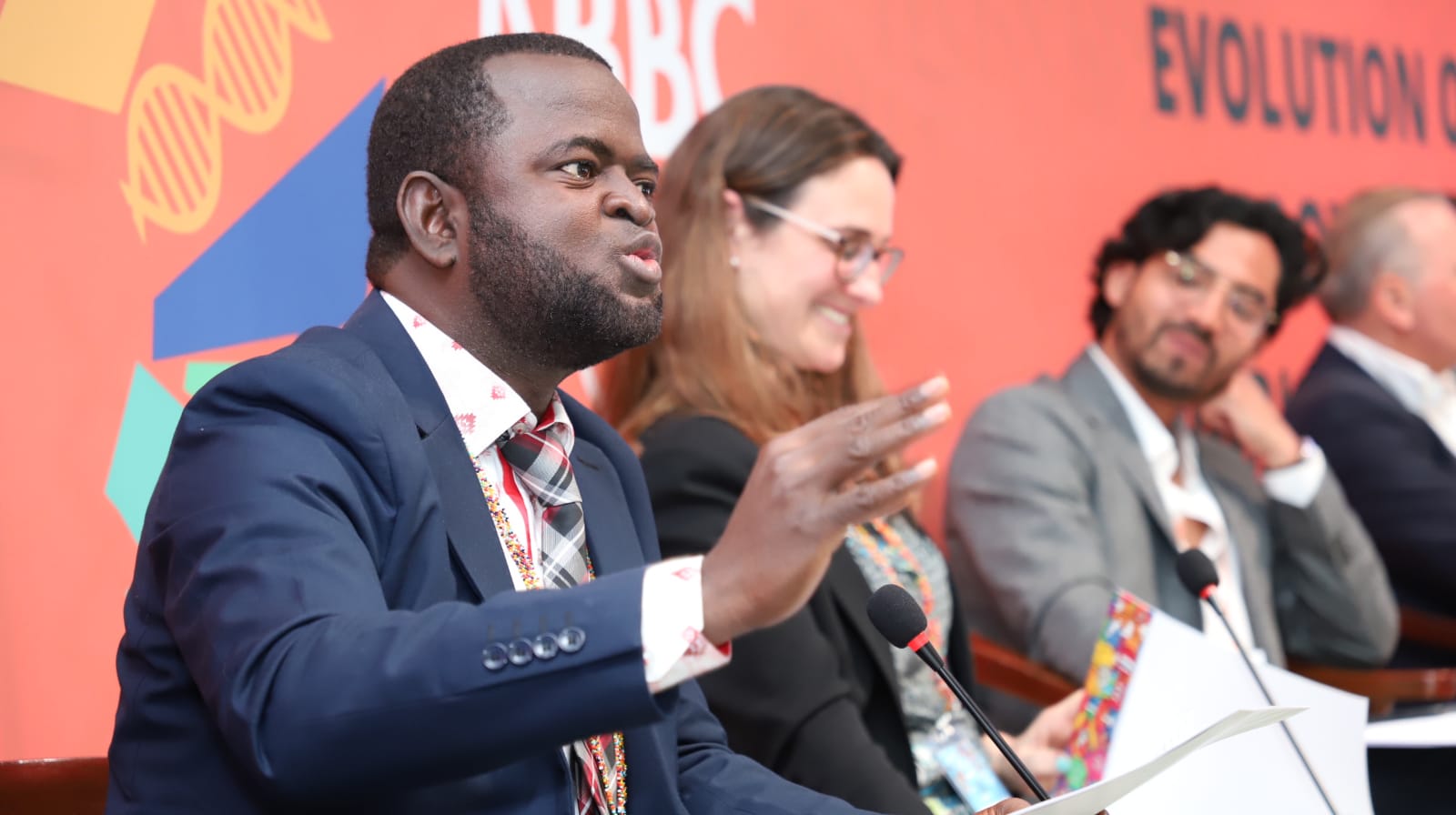The South-South Collaboration on Innovations Workshop ended on Friday, August 25, 2023, with an agreement to form a pro-science group.
The meeting that started on August 23 in Nairobi, Kenya, brought together representatives from 15 countries in Africa, Latin America, and Southeast Asia who have direct input in establishing and implementing policies and regulations on innovations such as genome editing.
Countries from the Global South have a lot to learn from each other. They must work together towards a common goal of using biotechnology to ensure food security and adapt to the changes brought by the climate crisis.
“The pro-science group will foster an enabling and collaborative environment among South-South countries for biotechnology research, development, and innovation to accelerate local solutions towards food security, climate change adaptation and mitigation, and the sustainable use of biodiversity,” said Pablo Orozco, the Global Director for Policy for the Alliance for Science, who moderated the workshop.

Orozco said countries from the Global South have much to learn from each other. They must work together towards a common goal of using biotechnology to ensure food security and adapt to the changes brought by the climate crisis.
He said everyone wants to leverage these technologies to benefit humans and the world, which is changing fast.
Argentina produces 14 percent of the world’s biotech crops, making it the third largest producer after the United States and Brazil.
“Africa, Latin America, and Asia are no longer lagging. We have biosafety systems in place, expertise, and technologies that will take us to where we haven’t gone before,” said Orozco.
During the three-day workshop, the group shared knowledge on a science-based regulatory approach to gene editing that fosters local innovation, with presentations from Kenya’s National Biosafety Authority (NBA) and the National Directorate of Bioeconomy.

NBA chief executive Roy Mugiira underscored the importance of effective communication in the development of policy and regulatory framework around technology development and deployment.
“As we look forward to the development of biosciences and bio-innovation in the space of genome editing and other new technologies, we also want this to move hand in hand with communication to facilitate informed policy and legislative development,” said Dr Mugiira.
“Some countries have their ways of regulating GMOs, different from others, especially what to regulate and what not to regulate. There needs to be harmony.”
Kenya has approved 58 GMO projects and has several laws and policies regulating biotechnology development, including the Biotechnology Policy of 2006, Biosafety Act No. 2 of 2009, and at least four biosafety regulations.
Dr Mugiira said Kenya and Argentina are leading the way in defining science-based regulatory approaches for the new techniques.
Adopted new developments and technologies
Argentina produces 14 percent of the world’s biotech crops, making it the third largest producer after the United States and Brazil.
All countries agreed they need funding to strengthen their government and research institutions and improve community engagement.
Its 200-odd biotech firms earn over two billion dollars and cover agriculture, food processing, human health, and animal health.
Farmers in Argentina have always rapidly adopted new developments and technologies.
According to the International Service for the Acquisition of Agri-biotech Applications (ISAAA), Argentine fields have more than 23.9 million hectares under genetically modified crops.
“The right information is insufficient; the wrong information is taking over, causing fear and panic among the general population.”
During the South-South workshop, the participating countries also illustrated, through case studies, that science-based regulatory approaches can ensure the safe and sustainable adoption of new technologies and enable national and local rural economies with limited resources to benefit from the adoption of products of genome editing.
In group discussions, the teams also highlighted the shared principles and challenges in establishing and implementing policy and regulatory approaches to innovations like gene editing.
Improve their innovation environment.
Some common challenges identified include the need to build on current expertise to review specific applications, clarity among countries on science- and risk-based regulatory approaches, and communication strategies to address the limited knowledge of gene editing techniques among various stakeholders.
“We have to rise and give people the right information.”
Another common challenge is the need for more resources to carry out initiatives that can improve their innovation environment.
All countries agreed they need funding to strengthen their government and research institutions and improve community engagement.
“There is also variance in existing policies. Some countries have their ways of regulating GMOs, different from other countries, especially what to regulate and what not to regulate. There needs to be harmony,” said Dr Francis Djankpa, a Molecular and Cellular Biologist at Ghana’s University of Cape Coast.

Dr Djankpa said there needs to be more science-based information in most countries on genome editing.
“Because the right information is insufficient, the wrong information is taking over, causing fear and panic among the general population. So, we have to rise and give people the right information,” he said.
The team called for inter-agency coordination within and among countries to foster a robust understanding of the new technologies.
The workshop emphasized the importance of facilitating joint efforts within Global South countries to cooperate in science communications, knowledge, and experience-sharing to allow communities to benefit from existing innovations.
Recognizing the strength of South-South cooperation, the team called for inter-agency coordination within and among countries to foster a robust understanding of the new technologies.
Lastly, the workshop listed ways countries within the group could learn from each other and strengthen their technical and regulatory capacity.
_______________________________________________________________________________________________
Godfrey Ombogo is an editorial consultant, consulting science editor, and writer for Media for Environment, Science, Health and Agriculture (MESHA) in Kenya. He has been a reporter, sub-editor, and quality assurance editor at Daily Nation, The Star, and The Standard, respectively. He has also written for Talk Africa, an online multimedia content platform.
